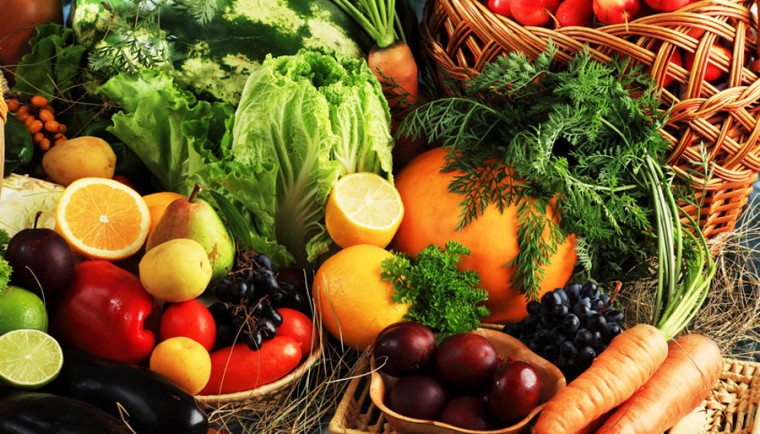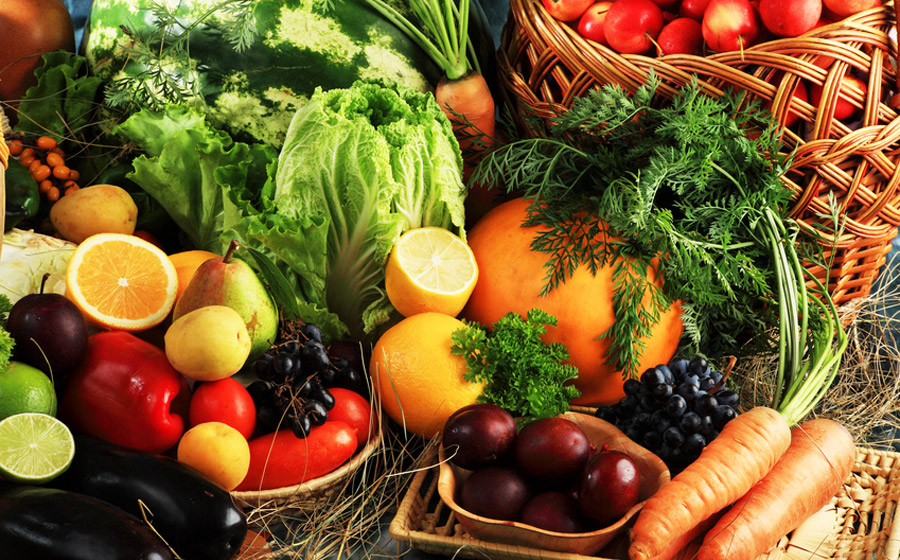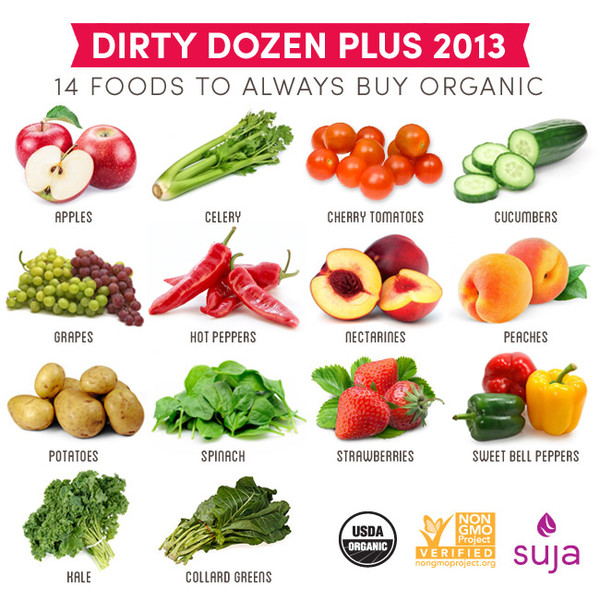Are you trying to save for travel but insist on eating organic? With pesticides and GMOs on the rise, you’re not alone. But here are 9 tips on how to eat organic while saving for travel!
For some reason, my immune system hates me. Maybe I’m a stress case who is always staying sick or perhaps I’m just sensitive. But I am always under the weather or have some type of major health problem.
That’s why I have to eat organic and GMO-free.
After eating Paleo for 8 months, and even trying The Whole30 for 1 month, my hormones were in check, I had more energy, my skin cleared up, my PCOS was in control, and certain body pain went away. I learned that my body craves healthy, pesticide-free ingredients in order to function.
What’s the point of saving for a big trip if you’re sick the whole time or old injuries flair up?
In the travel blogging community, it is extremely common to see a “How to Save for Your Trip” post that inspires readers how to work hard to make their dreams come true. Yet I notice that food is usually one of the first items scrapped from the list when it comes to cutting down your budget.
I’m going to explain how you can afford to eat organic, while still being able to save to travel.
1. Make Health and Travel a Priority
This is definitely your first step. Both of these items can slip to the wayside in the middle of a busy week. Sometimes you spend a little more than you should at the store and forget about your trip. Or maybe you get so fed up with coupon-clipping that you focus all of your efforts on the trip. No more! Budgeting your health and your dream at the same time can be hard, but this is your life! We need to take care of our bodies as well as our souls!
2. Create a Budget
Ugh. The ‘B’ Word. It might suck, but this is key! Without this step, you will struggle in saving for both items. Kevin and I created a spreadsheet that allows us to lay out all of our expenses each month. Besides my student loans and our rent, our grocery bill is the highest. Since grass-fed beef and sockeye salmon from Alaska can really add up, we budget $400 for food per month, maximum. According to the USDA, the average individual spends $302 a month on food! So, the difference is not crazy scary. Still, while saving for a trip, other things must be slashed. Less outings with friends or less splurging at the mall. Anyway to reduce your budget without sacrificing your health is a must!
3. Get to Know Your Supermarkets
A lot of the time, we find a wide variety of organic produce at places like Whole Foods or Bristol Farms. But recently, major supermarkets like Ralph’s have started carrying organic produce. Source each location for the cheapest deal. Whole Foods may be the only place with organic tomatoes while Trader Joe’s has the cheapest organic bananas. Get to know each grocery aisle in your neighborhood!
4. Check Out Cool Websites
The Internet is your buddy when sourcing organic products. Use it to your advantage! Check out websites like thrivemarket.com or vitacost.com for 25-50% organic and natural products. They ship super fast and products are actually cheaper online than they are in stores.
5. Be a Vegan Until Dinnertime
This one might be tough for Paleos, like myself, but is awesome for those who are indifferent to your dieting styles. As long as you have a source of protein for breakfast and lunch, you’re set. Vegan substitutes for protein include green peas, quinoa, nuts, beans, and tofu. By cutting down your cost of meats, you will be saving a lot and reducing your overall spending. Plus, you can think of your daily dinner as a lovely treat you can look forward to every night!
6. Buying Organic Meat in Bulk
Buying in bulk is often less expensive than buying smaller portions weekly. If you have any friends or family who want to purchase some meat in bulk, chip in and split the produce. Think of this like a money club. Except with expensive meat. Just make sure to keep the meat you are not using in the freezer!
7. Coupon Clipping and Newsletters
Ahh, the old-fashioned coupon clipping. This one is a little time-consuming, but totally worth it! Sprouts and Ralph’s often have newsletters that let you know which organic produce is discounted that week. And once again, your Internet Buddy is always there! Check out organicdeals.com for coupons on organic food and natural products.
8. Know the “Must Buys” When it Comes to Organic
Some people require an all organic diet, whether it’s for health reasons or ethical ones. However, if your budget is tight, know which organic items are the most important to splurge on. I believe that buying all free-range, organic and sustainable meats, seafood, poultry, and eggs are the number 1 priority. Produce, however, has a bit of a work around.
For example, avocados and bananas don’t have to be organic since they have a thicker peel and aren’t as susceptible to pesticides. Just make sure the following produce is organic:
Apples
Celery
Spinach
Peaches
Kale
Bell Pepper
Nectarines
Raspberries
Snap Peas
Potatoes
Hot Peppers
Cucumber
Tomatoes
Lettuce
Strawberries
Grapes
Pears
Collard Greens
9. Eat Your Food!
This one might seem obvious, but I had to nag explain to a certain fiancé the rules of optimizing your purchases. Strawberries about to turn? Make a strawberry vinaigrette for your salad! Meat close to spoiling? Turn it into chili! Do not waste a single item of food in your cupboard or fridge, ever!



